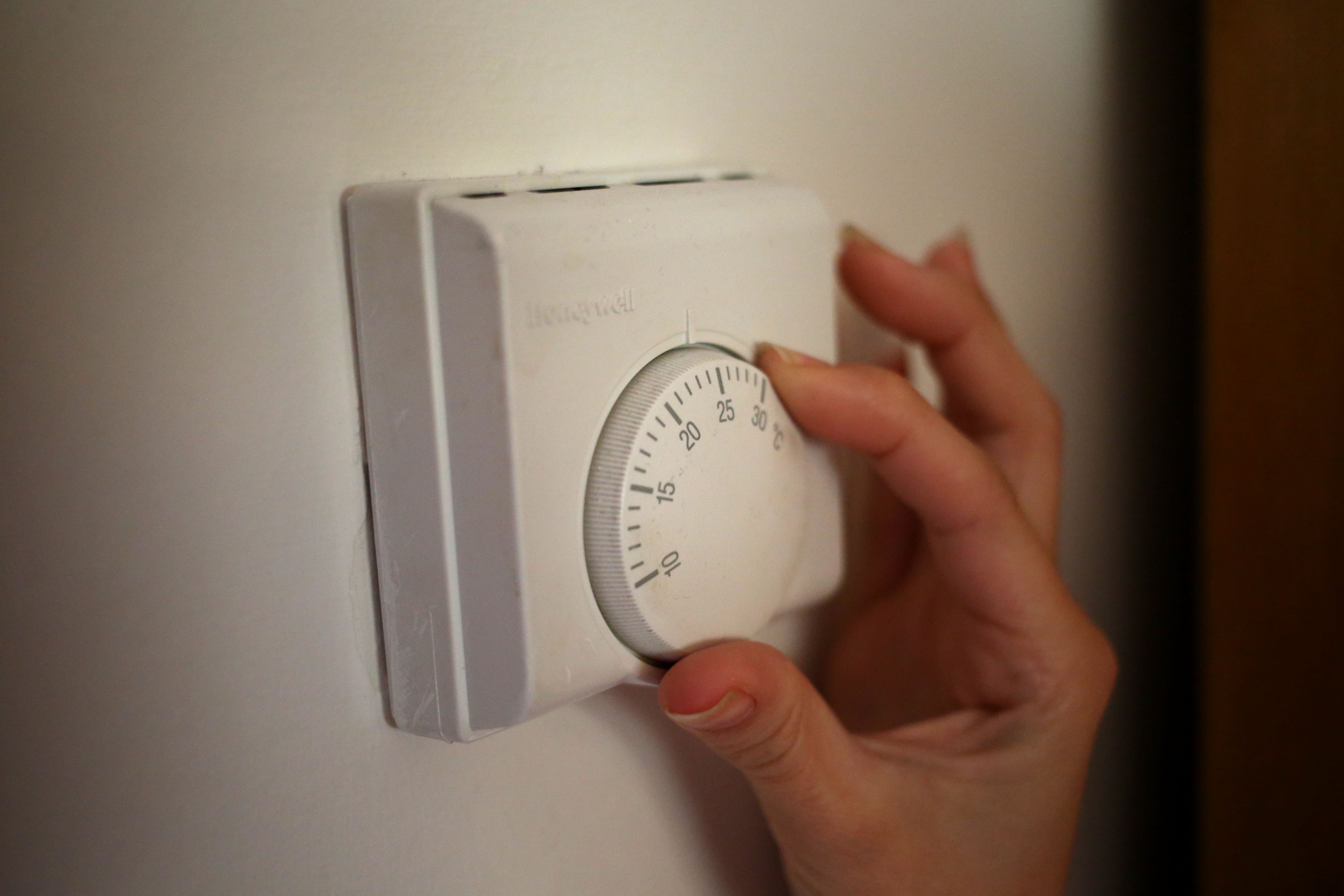Energy firms will be required to offer household tariffs free of standing charges by next winter, as part of plans to address increasing household energy debt.
An option for a zero standing charge will be offered as an alternative to existing ones, which act as a flat daily fee regardless of energy consumption, according to Britain’s Ofgem energy regulator.
While some firms offer low or zero standing charge tariffs already, the practice is not yet universal.
Ofgem is also proposing new standards for suppliers to make it easier for customers who are struggling to pay their bills to get support.

Tim Jarvis, the director general of markets at Ofgem, said: “We know that many households continue to struggle with bills after the events of the energy crisis, which is why earlier this year, we took steps to consider all the issues around affordability and debt – including the impact of the standing charge.
“Today we’re setting out the next steps in what Ofgem can do to meet these challenges, as part of our work to make sure the energy market is working in consumers’ interests.
“Many people feel very strongly that standing charges are unfair and prevent them from being able to manage their bills effectively.
“We want to give consumers the ability to make the choice that’s right for them without putting any one group of consumers at a disadvantage. And by having a zero standing charge tariff, we would create that choice for everyone.”
Consumer champion Martin Lewis has described the daily fees as a “poll tax” on gas and electricity bills, as household debt soared to £3.8bn in September, up 91 per cent in two years.
Standing charges have also risen by 43 per cent since 2019 under Ofgem’s price cap.
From January they will cost dual fuel households an average of £338 a year, although they disproportionately affect those who use less energy as the fixed costs make up a higher proportion of their overall bill.
Ofgem said tens of thousands of customers responded to its call for input on standing charges, with many asking for them to be removed altogether, saying that this would make it easier for them to manage their bills or pay back debt.
The regulator plans to have a “debt guarantee” to improve the standard of service offered by suppliers supporting customers in debt, which it said would give households “consistent, compassionate and tailored support”.
Suppliers may be made to accept debt repayment offers from reputable third parties such as debt advice agencies or consumer organisations.
Energy debt is the second-most common debt among people National Debtline helps, the advice service said, with the average amount owed in energy arrears increasing by 37 per cent in the past year to £1,541.

